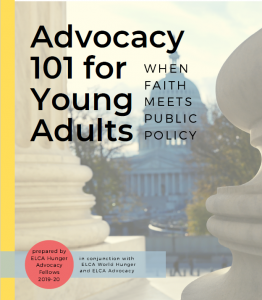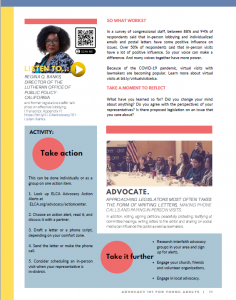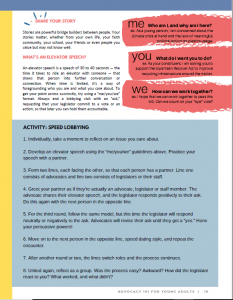Survey data consistently paint a strange picture when it comes to the US budget. Americans in general believe that the US gives about 25% of its budget to international aid and that the portion should be closer to 10% of the federal budget. In reality, the US sends about 1% of its budget overseas. If Americans are confused about the amount of international aid, we may be even more unclear on the how and, importantly, the why of international aid. Where does the money go? What role do businesses and other organizations play? And why is international aid even more important in the age of COVID-19?
In this episode of ELCA World Hunger’s Hunger Policy Podcast, Patricia Kisare, international policy advisor for the ELCA, and Kaari Reierson, the ELCA’s associate for corporate social responsibility, join Ryan Cumming, the program director for hunger education, to break down some of the myths and realities about US aid and the church’s witness when it comes to this part of the federal budget. Patricia and Kaari also share a new resource they have put together to help congregations learn more about international aid.
So, watch the video below, listen to the audio or read the transcript to learn more about this important part of public policy.
Download the new resource on International Aid here. Find other helpful resources on public policy and advocacy at the ELCA Advocacy resource page and on the ELCA World Hunger resource page.
Want to subscribe to the ELCA World Hunger blog? Use the widget on our homepage to sign up!
Prefer to read the interview? Follow this link to access a transcript of the conversation. Closed captioning is also available in the video above and when the video is watched on YouTube.
Want to share the video? Here’s a link you can pass along: https://youtu.be/ZCLHcuzaMsE.



